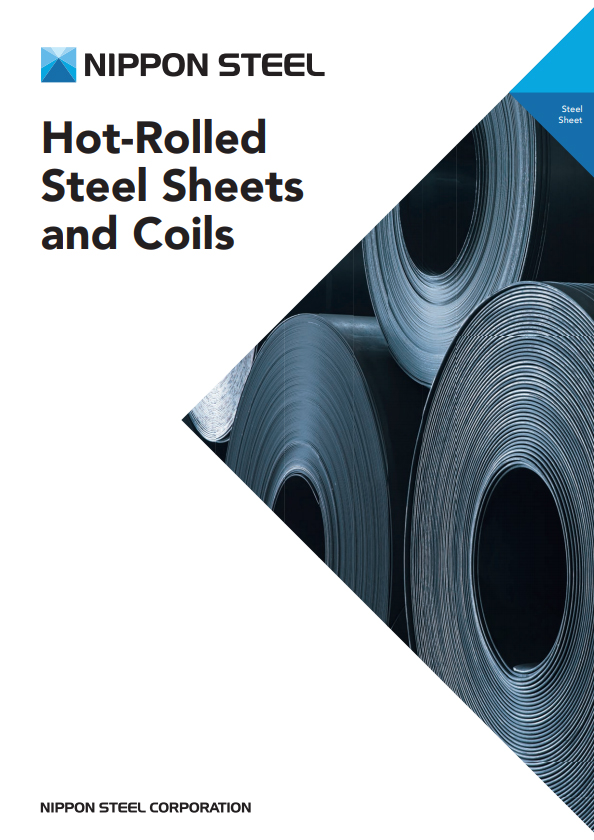When welding mild steel a good rule of thumb is to set the amperage level at 1 amp for every 0 001 of thickness.
Minimum thickness of sheet metal in mm.
Material selection is a very important part of product design.
For example 18 gauge steel according to a gauge conversion chart is 0 0478 inch or 1 214 millimeter.
I am designing a mounting bracket made of 304 stainless steel sheet of 3mm thickness.
Gague are used to specify the thickness of a metal sheet.
Sheet thickness and material selection can be done in the following ways.
Cold rolled steel sheet is the abbreviation of carbon structural steel cold rolled sheet.
Or is there any other way to create internal threads.
Sheet metal is available in flat pieces or coiled strips.
Hi friends what is the minimum sheet metal thickness for doing a thread tapping inside a drilled hole which has to bear hanging loads.
Because it is rolled at normal temperature no iron oxide scale is produced.
It is further cold rolled from a carbon structural steel hot rolled steel strip into a steel sheet having a thickness of less than 4 mm.
Manufacturer provide sheets thickness in gauge.
Sheet metal gauge size chart gauge or gage sizes are numbers that indicate the thickness of a piece of sheet metal with a higher number referring to a thinner sheet.
Thicknesses can vary significantly.
Metal thickness amperage settings.
Sheet metal gauge thickness chart 2019 10 24t01 36 33 00 00 when working with sheet metal the term gauge is often used.
Plain metal sheets of architectural quality vary in thickness between 025 60 mm and 124 3 mm.
A gauge conversion chart can be used to determine the actual thickness of sheet metal in inches or millimeters.
Elevator surfaces such as doors and cab wall facings are usually specified in 18 gauge 0 050 or 1 20 mm.
The coils are formed by running a continuous sheet of metal through a roll slitter.
But designers design sheet metal parts considering sheet thickness in mm.
Just as any other high traffic and high wear application the specifier needs to consider minimum thickness to avoid denting.
So if you are welding 12 gauge mild steel with a thickness of 0 100 you would set the machine at 100 amps.
The equivalent thicknesses differ for each gauge size standard which were developed based on the weight of the sheet for a given material.

